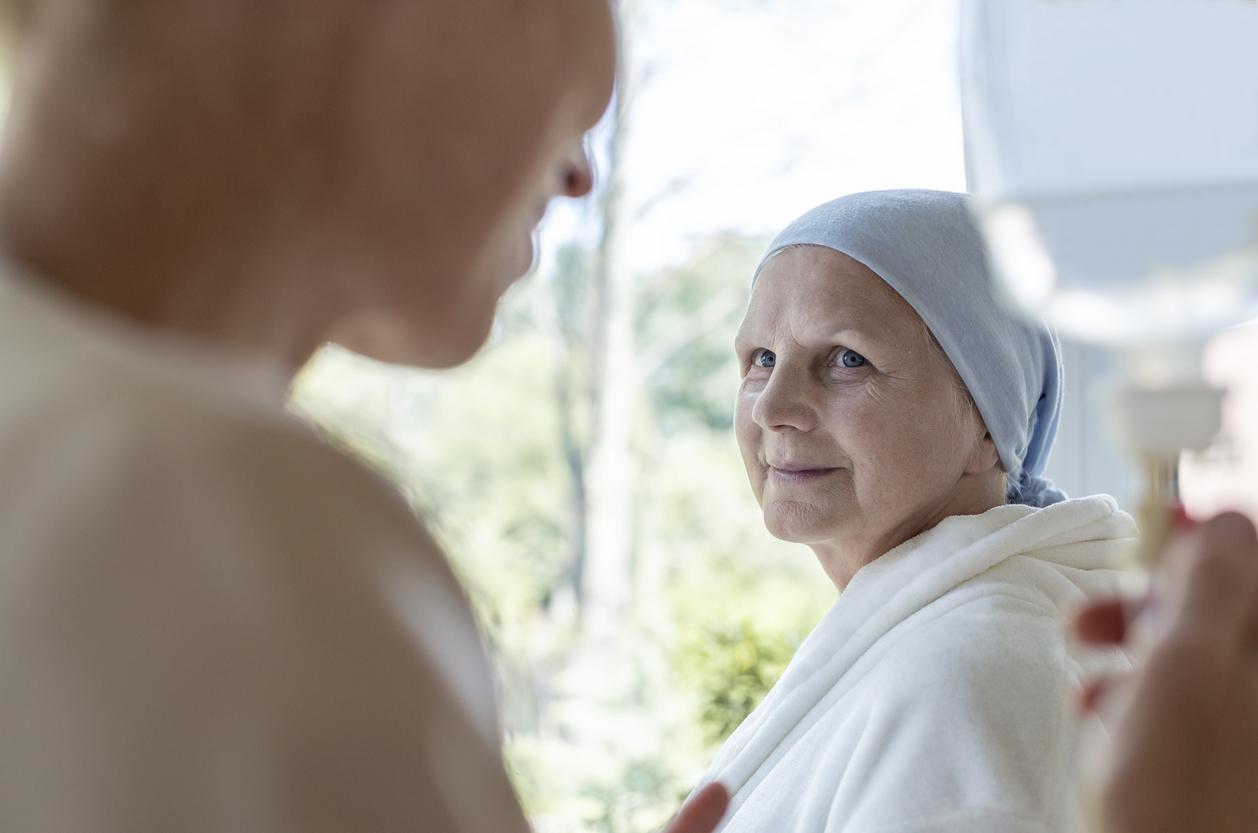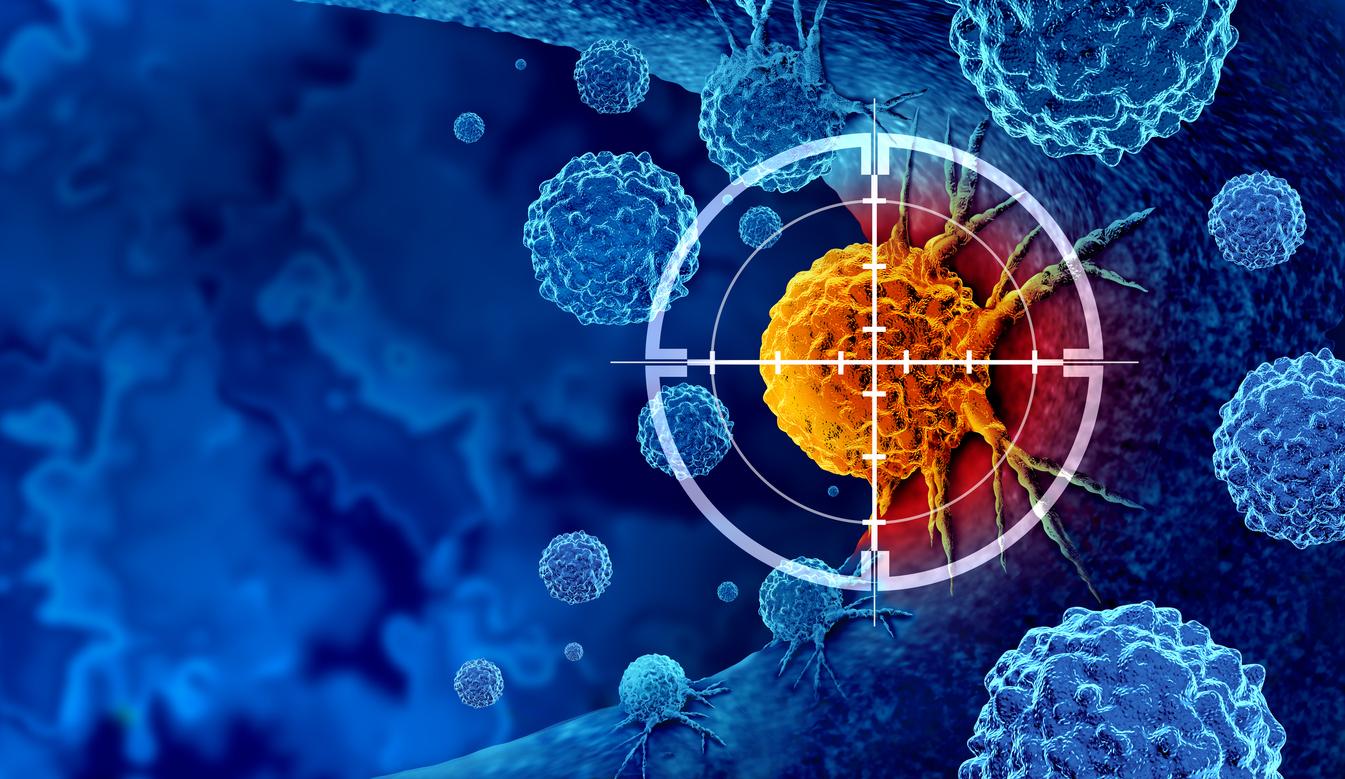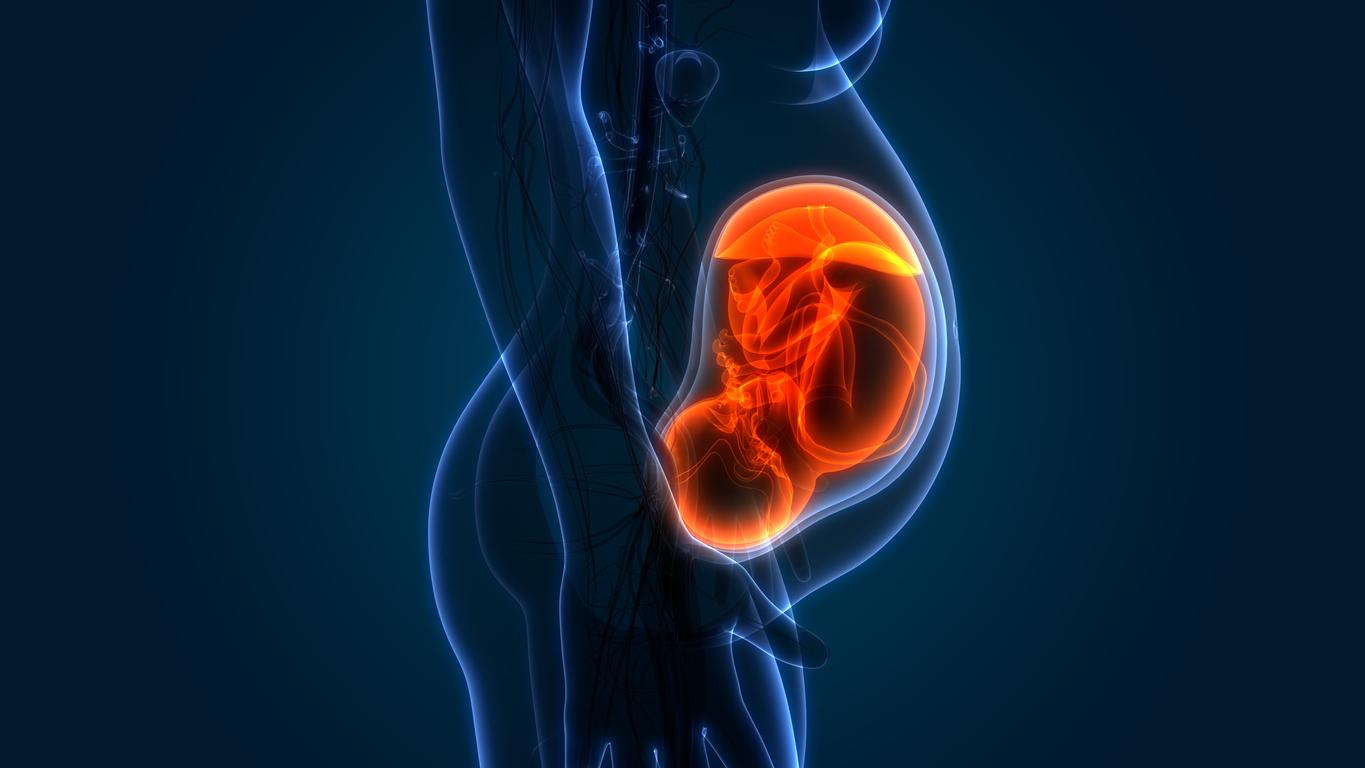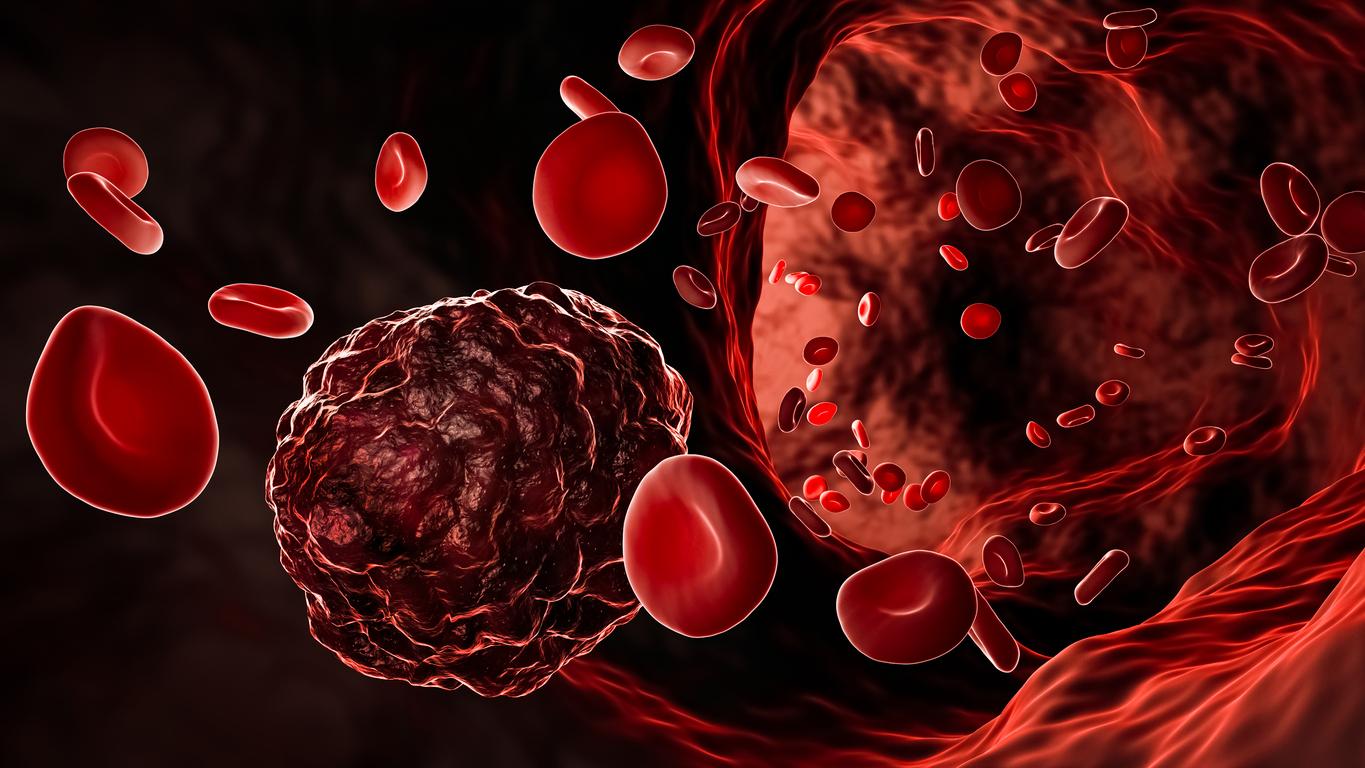A team of researchers, partly composed of French scientists from the Institut Curie, has developed a new effective therapeutic strategy against mantle cell lymphoma.

- 200,000 mantle cell lymphomas are diagnosed each year worldwide.
- This lymphoma affects the B cells in an area of the lymph node called the mantle zone.
- It is more common in people over the age of 65, and men are more affected than women.
Each year, approximately 13 cases of lymphoma per 100,000 inhabitants are diagnosed in France. There are two main forms, Hodgkin’s lymphoma and non-Hodgkin’s lymphoma. Of these, mantle cell lymphoma accounts for about 600 new cases annually. It affects the B lymphocytes of the immune system, and is associated with a high frequency of relapses. Faced with these particularly aggressive tumors, researchers from the Institut Curie, and other scientists from several international universities, have found a new therapeutic path, which they presented at the annual meeting of the American Society of Clinical Oncology. . The results of their work are also published in New England Journal of Medicine.
Patients in therapeutic impasse
“The majority of patients with mantle cell lymphoma who are diagnosed at over age 65 cannot receive intensive chemotherapy or stem cell transplantation due to the excessive toxicities of the treatment“, explains Michael Wang, a scientist from the University of Texas and co-author of the study. The study, called SHINE, showed the interest of Ibrutinib, an inhibitor of Bruton tyrosine kinase (BTK). Combined with chemo-immunotherapy, it allows a “improvement in progression-free survival compared to standard chemoimmunotherapy for previously untreated mantle cell lymphoma (MCL) in patients 65 years of age and older”.
Survival increased by 50%
These results were obtained thanks to the participation of 523 patients, aged over 65, with mantle cell lymphoma. The scientists divided them into two groups: the first received a treatment combining targeted therapy, with ibrutinib, and immuno-chemotherapy, and the other group only received immunochemotherapy. “The median progression-free survival – i.e. the time between the start of treatment and the worsening of the disease – is 80.6 months with the treatment combining targeted therapy and immuno-chemotherapy, compared to 52.9 months for those who received the treatment immuno-chemotherapy alone, i.e. a 50% improvement”reveal the researchers in a communicated. “Our results reveal a very clear benefit for patients and this new therapeutic option suggests a change in clinical practice at the international level.says Professor Steven Le Gouill, hematologist, director of the Hospital Complex of the Institut Curie. The next step is to dispense with chemotherapy in order to offer combinatorial approaches to targeted therapies, including ibrutinib.“Participants in this study are still being followed to assess differences in overall survival between treatments.

















